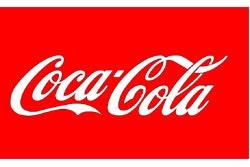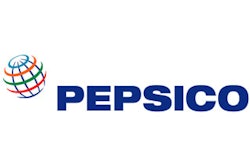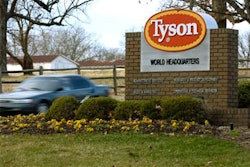KODIAK, Alaska (AP) — Astronauts in space may soon enjoy freeze-dried salmon if a Kodiak researcher's project goes as planned.
Alexandra Oliviera, associate professor of seafood chemistry for University of Alaska Fairbanks at the Kodiak Seafood and Marine Science Center, is conducting research to see whether freeze-dried salmon makes a tasty space meal.
Oliviera came up with the idea to freeze-dry salmon after noticing that stores sold freeze-dried vegetables for babies. She found there wasn't much research about freeze-dried salmon, so she worked to obtain an initial research grant from the U.S. Department of Agriculture.
After concluding the initial project, Oliviera wanted to find a way to add flavor to the freeze-dried salmon, so she continued her work and received a grant from the Alaska Space Grant Program to support the research.
"The idea was that it would be an interesting application for an astronaut because it is highly nutritious," she said.
In order for a food to be considered for NASA, the product has to undergo a lengthy testing process. The product has to be stored for a year, then undergo microbial and chemical analysis. Another study must determine how the meal behaves when stored in different conditions, Oliviera said. She started storing the salmon test samples eight months ago and will soon be able to conduct the final tests.
"Every month we've been making observations," she said. "I'm looking at if the product is changing."
The salmon used in the project is Alaska sockeye salmon from Kodiak Island. The Kodiak Regional Aquaculture Association donated salmon from the Kitoi Bay Hatchery.
The salmon, which was cubed and freeze-dried can be served in two ways, dried or rehydrated. The cubes are also infused with spicy seasonings like garlic powder, onion powder, salt or cayenne pepper.
"Our idea was to adjust the flavoring ingredients to what astronauts may be more inclined to like," Oliviera said. "They like spicy foods in space."
Oliviera isn't sure what the cost would be to produce the freeze-dried salmon commercially, since larger equipment would be needed to produce it in quantities big enough to sell in stores.
If freeze-dried salmon does fly to store shelves, Oliviera said the salmon cubes can be used in soups, salads or pastas, and are a healthy alternative to bacon bits.
"The ultimate goal is to prove that this is a good product, a viable product, a healthy product," Oliviera said. "It adds value to Pacific salmon and it's highly nutritious as well."
Oliviera and staff from the Kodiak Seafood and Marine Science Center are in Fairbanks this week conducting taste tests of the product at the University of Alaska Fairbanks. She hopes to have at least 150 people sample the salmon.
"A lot of people have been liking the product," Oliviera said. "It tastes like sockeye salmon with seasoning."
The testers receive the product in its two forms, dry and rehydrated.
The rehydrated salmon has received better ratings than the dry product to date, Oliviera said.
Oliviera is considering holding a taste testing of the salmon in Kodiak. She said she will know whether or not that will be possible in the next week.
___
Information from: Kodiak (Alaska) Daily Mirror, https://www.kodiakdailymirror.com/
Scientists Testing Alaska Salmon As Space Food
Astronauts in space may soon enjoy freeze-dried salmon if a Kodiak researcher's project goes as planned.
Oct 22, 2012
Latest in Operations
Functional Material Design Strategies for Industrial Ventilation Systems
September 16, 2025
How Satellite Imagery Drives Manufacturing Innovation
September 16, 2025
Trump Says the U.S. Should Do Away with Quarterly Earnings Reports
September 15, 2025






















